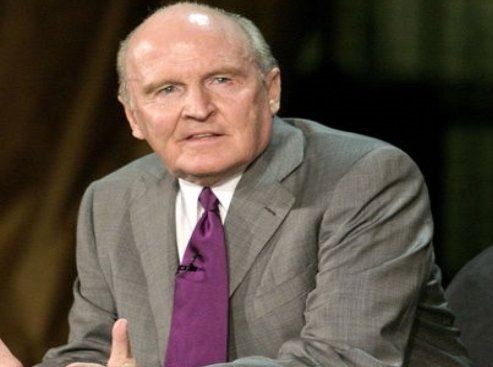Tag: business leaders
Guinness Marketing Campaigns Show Their Creativity
Have you noticed that the world of marketing is changing? And rapidly. Traditional media vehicles are losing effectiveness as people communicate in new and different ways. Mass audiences are fragmenting into small segments. Developing a point of difference is harder than ever. This Guinness marketing campaign demonstrates that Guinness marketing has certainly noticed. Guinness marketing campaign…
Habits That Result in the Most Success for Business Leaders
The key to business leaders accomplishing great things, staying productive, and general success is discipline. That means having a routine and sticking to it, and according to top leaders, it usually involves a healthy breakfast, jogging, and keeping your inbox empty. Discipline is probably the one trait most associated with achievement. It’s because accomplishing great things involves…

Business Leaders: 7 Lessons My Silent Mentor Jack Welch Taught Me
I like to read … why? To be entertained, to learn new things, and to stimulate thinking. Jack Welsh is a favorite author of mine, especially when the book deals with business leaders and with employee development. I have a set of five authors that I selected over a decade ago to be my silent…